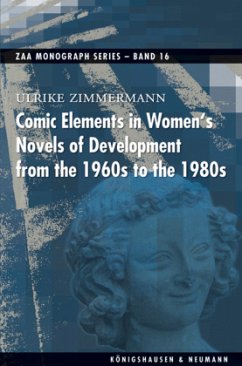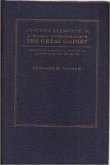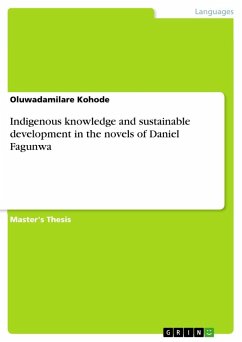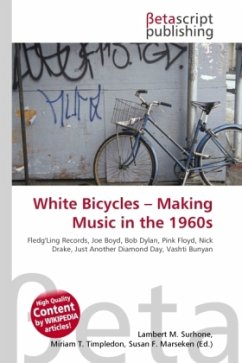Women's humour is a contested area, often perceived as transgressive, unseemly and unfeminine, or deemed non-existent in the fi rst place. In recent decades, feminist theory has undertaken a reappraisal and stressed the subversive potential of humour used by women. In a similar vein, the Bildungsroman, as a genre which traditionally delineated the development of men protagonists, was taken up, changed and assimilated by women writers in the course of its history. This study takes a close look at humorous Bildungsromane by women authors in the last decades of the 20th century. The focal points are the strategies of humour, which are employed to various means, often oscillating between subversive and affi rmative positions. In effect, feminist views stressing the innate subversiveness of women's humour need to be re-assessed and the uneasy positioning of the comic in women's writing acknowledged. Looking beyond national views of humour, the texts in focus are by British, Canadian and American authors.
Bitte wählen Sie Ihr Anliegen aus.
Rechnungen
Retourenschein anfordern
Bestellstatus
Storno






